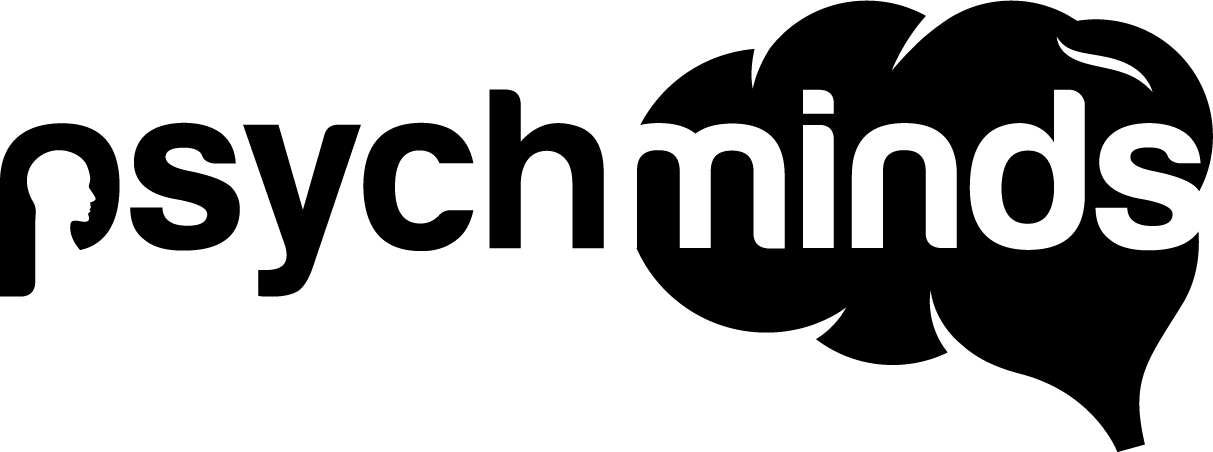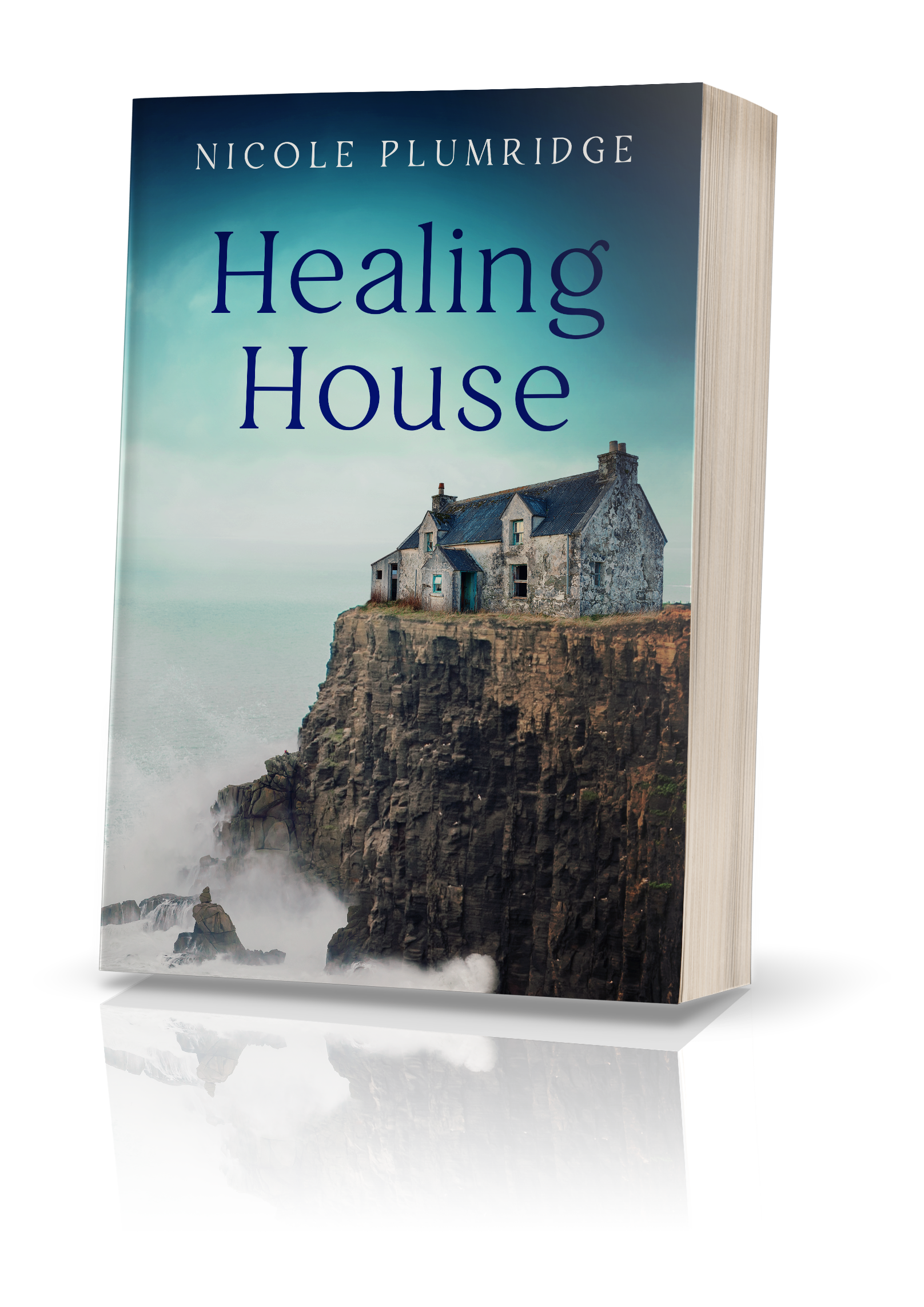In Plato’s Apology, he quotes a statement Socrates made at his trial, “An unexamined life is not worth living.” What does it mean to lead an examined life? I believe it implies the need to regularly engage in self-reflection and delve into the meaning of your own thoughts. It is about creating a greater understanding of yourself, your ideals and what you are striving towards. Introspection and quiet contemplation are key aspects of this journey to self-awareness and examination. These focus the mind inward. However, in this article, I am interested in what you might consider outword examination. What about an unobserved life, is that worth living? Similar to the use of the word outward, I know extrospection is not a word but for lack of a better one, I believe it is able to get my point across more readily. I believe extrospection would be about examining the processes and aspects of life that affect you, that are outside of yourself and in the real world. And within that idea, I believe that the need to feel others observing us and knowing that someone outside of ourselves is examining our lives is a need just as important as the need to introspect, if not stronger.
Leading an observed life implies the need to have someone observe what you do, the decisions you make, and accomplishments you reach. It provides a witness to validate your existence and achievements. It is almost as if that witness were not there, then what you have accomplished is meaningless and invalid. It goes back to that analogy whereby if a tree falls in the woods and no one is around to hear it, does it actually make a sound?
On a slight tangent, the loss of a significant other is not only tragic in its own right but it also marks the loss of a part of oneself. That significant other was there to act as that witness and validate your very existence. When they are no longer observing you, what is the point to what you are doing? Perhaps that is one of the reasons why there is such a feeling of devastating loss. Not only have you lost a partner, loved one and friend but you have also lost one of the reasons for your own existence. This begs the question: to what extent are we defined by ourselves vs. through the lens of others and their observations?
I believe it is critical for us to feel observed. In Maslow’s hierarchy of needs, the need to belong and love is nestled within the third wrung of his triangular ladder. This is just above the basic survival needs. I would claim that the need to feel observed is almost a survival need in its own. We are social creatures and we have survived and evolved throughout human history because we are social. In hunter gatherer days, those individuals who strayed from outside of the group were most likely to be picked off by predators and die. Religious communities throughout evolution have shown to outlive and evolve over non-religious communities. This need to belong is an adaptation which has helped us survive. We used to have group identities. But the problem now facing us is how do we, as social creatures, live within an antic-social world? Religions, group identities, communities are collapsing all around the world. Individualism has hatched and is growing stronger by the day. It is now solely the responsibility of the individual to create their own identity. This is an extremely difficult task and it is no wonder we look externally for validation and others approval to try to figure out if we are on the right track.
And now, I am going to discuss that much debated, highly controversial double-barrelled word, ‘social media’ (or anti-social media as I have heard it called). There is no denying the popularity of all these sites: Facebook, Instagram, Twitter, Snapchat, and the list goes on. They have a magnetism about them which pulls us in and keeps us engaged for hours. Why is this? What is so appealing about these sites whereby we are willing to invest hours of our time and put effort into creating posts and content? Perhaps these sites are actually fulfilling (or attempting to fulfil) an unmet need of ours. These platforms resonate with not only our need to feel connected but also our need to feel observed by others. Our modern lifestyles have increased our isolation from others and the world. So many of us now live in high rises, ensconced within our capsule apartment rather than living in the more organic houses whereby you have more opportunities to meet neighbours, watch your children out the window playing with others and just live a more natural, earthy life.
I believe that to a great extent social media is not about connecting with others but feeling that others are connecting with you. When someone posts a status, they want others to see it. They want to feel their daily activities, thoughts or ideas are being observed. This plays into our subconscious nicely as not only do we post our content publicly and view it in our newsfeed for all to see, but to an extent we can quantify its ‘observability’ by the number of likes or shares we receive. It is also of little wonder that this process is so addictive and alluring to us. Social media plays into some of our deepest fears: the fear of leading an insignificant, unworthy and unimportant life. When you have people like your status or picture, they are validating who you are and your identity. Social media validates us in ways that community and religion used to.
In our desperation to feel special, unique and observed we have created a technological bridge, bridging the gap between us and others. But how reliable is this bridge? How superficial are the ropes holding it together? It is not a bridge I trust to cross and I believe it can have a great deal of unhappy unintended consequences. If we use technology to build our identities, those identities can also be brought down and destroyed by social media. I am thinking of online bullies and those infamous ‘trolls’ out there.
Navigating the world and our place in it has never been an easy task. But I put forward that it is even more difficult now since so many young people are left to forge through and create identities and lives without supports that previous generations may have had. Not only is there success up to them but if they should fail, they will be the sole bearer of responsibility for that. They are left alone to create their identities and establish themselves in this rapidly changing world. Their physiological, safety, belonging, esteem and self-actualisation needs are all the individuals’ responsibility. So instead of harping on about the negative effects of social media (which I am certainly guilty of) is there any other way that we can consider how to meet this unmet need and desire to feel observed and through that observation validated?
The world has become much smaller with the creation of technology and social media, and yet, ironically, we are living lives that are so far apart.















